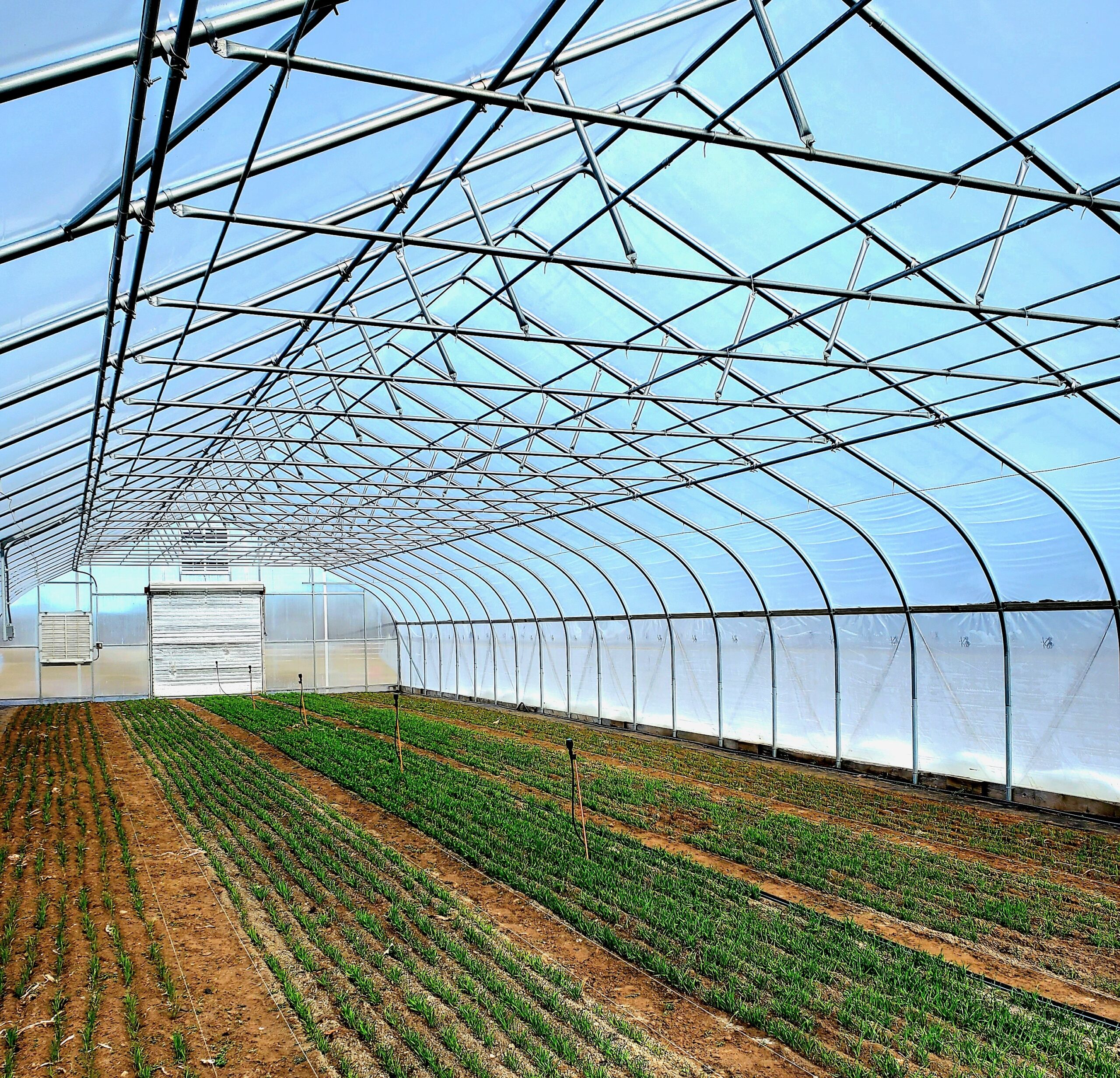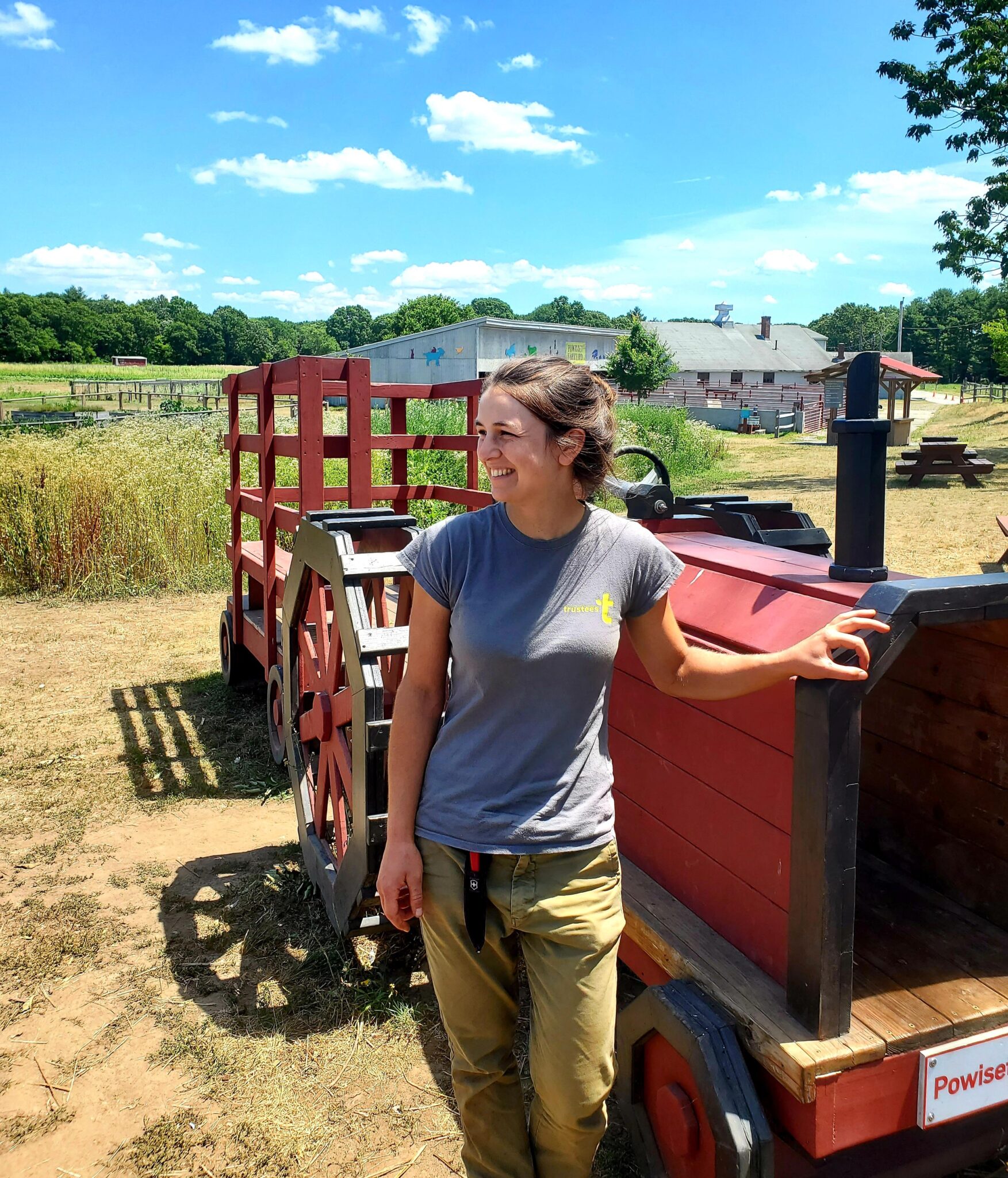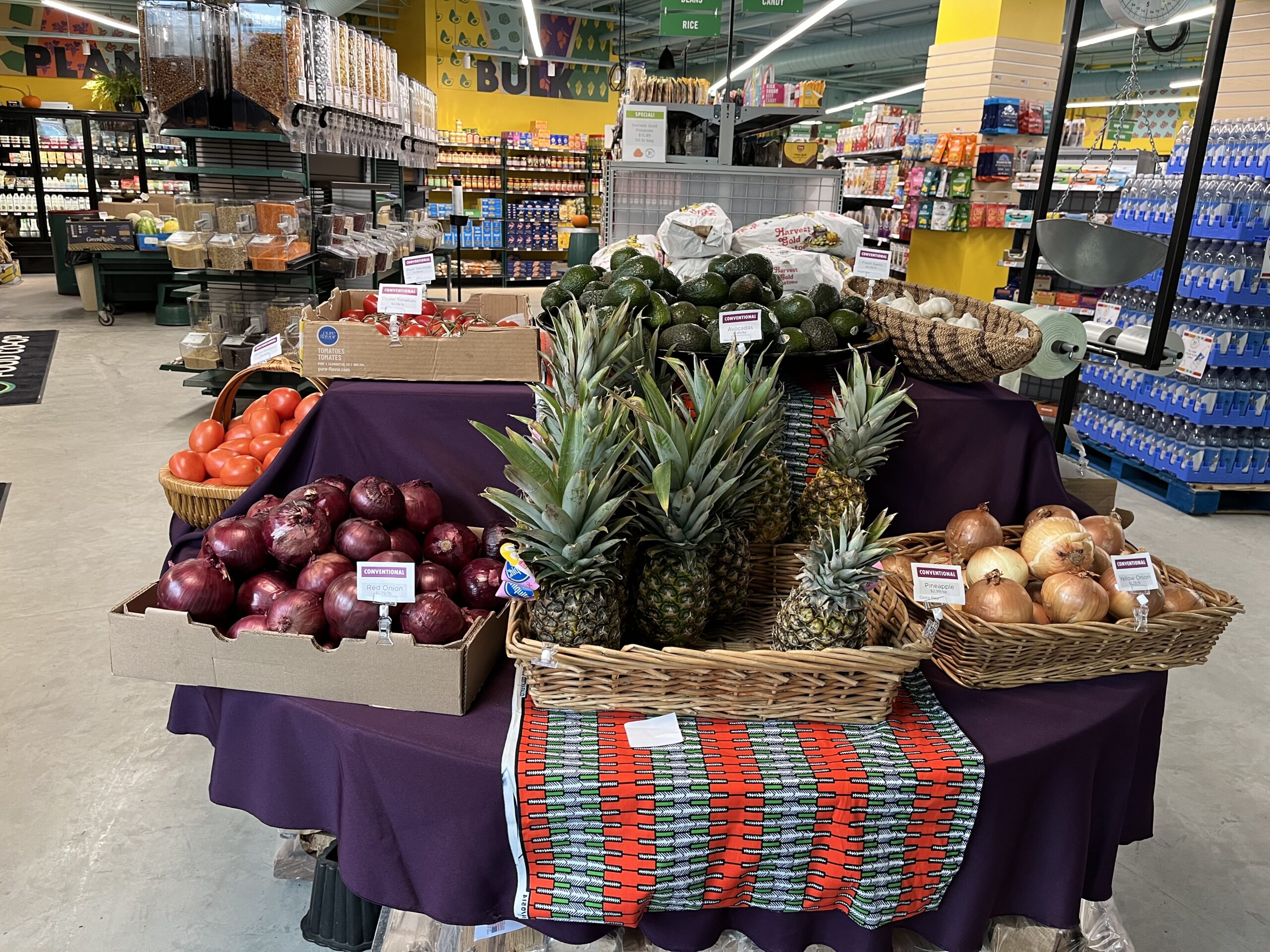
Although the fields and pastures at our working farms have been dormant the past few months, it has not been completely quiet. The winter season provides farmers the opportunity to do all of the preparation and planning needed for a successful growing season. It’s during the winter when the metaphorical seeds are planted so the literal ones will come to fruition.
At Chestnut Hill Farm in Southborough, Field Crop Manager Erin Espinosa has been busy marketing CSA shares, ordering supplies, and working to make sure the growing season is as smooth as possible. She’s also spent time building a crop plan, mapping out the seeding, planting, and harvesting dates for each crop, including over 150 varieties of vegetables, herbs, and flowers.
Some winter projects, like “reskinning” the greenhouse at Chestnut Hill, happen only as needed. This important work, which involves replacing the plastic covering on the structure of the greenhouse, allows the maximum amount of sunlight to reach the seedlings inside, which makes the seedlings, and the eventual crops, even healthier.
Along with the greenhouse project, there’s other winter work that happens every year. “This includes taking soil samples and analyzing the needs of our soils, hiring our seasonal field crew, tractor and tool maintenance, buying supplies, and recruiting volunteers,” Espinosa says. “My favorite annual activity is R&R, but not the R&R you might be thinking of. I’m talking about rest and research. Each winter, usually on a snowy day, I allow myself a day on the couch with my laptop, hot cup of tea, and a blanket. I do a deep dive into different farming topics. This year, I researched the important subject of reduced tillage practices.”
For Andrew Lawson, Field Crop Manager at Appleton Farms in Ipswich, winter means spending more time in the office than out in the fields. “This important time gives our bodies a chance to recharge and affords us the opportunity to plan the coming season,” he says. “We spent weeks tweaking our crop plan, mapping field rotations, and studying soil tests. Field supplies are inventoried and replenished, and the seasonal crew is hired. Together, these form the foundation for the season to come.”
The winter season also affords Andrew and our other agriculture team members a chance to find solutions to the challenges that arose over the previous year. Depending on the winter weather, it’s also time to look ahead and think about the new challenges on the horizon.
“The strange weather this winter has put climate adaptation in the front of our minds,” Lawson says. “The mild conditions, marked by extreme temperature changes and record cold, remind us of how a changing climate can threaten production. Adapting to unpredictable weather has been a theme in conferences and farmer meetings this winter and is something we actively build into our schemes.”
Smaller items have also been on the schedule at Appleton, including a facelift for one of the greenhouses, planting cover crops in the high tunnel, carpentry projects, and updating equipment parts. Fixing the farm’s equipment and tractors is an important way to spend winter days, whether it’s at Appleton or Powisset Farm in Dover, where Field Crop Manager Tim Laird has been working on just that.
“I’ve converted one of my greenhouses into a winter workshop, it’s a wonderland of tractor maintenance,” Tim says, adding, “every winter, you’re doing some of that, tractor maintenance and equipment maintenance. The tractors are the priority, and we always have other pieces of equipment that are in need of repairs.” Once that work is done, the greenhouse will be heated up and made ready for the first plantings.
Timing everything just right is an essential ingredient in the growing season, right from the very beginning, when greenhouses start to fill with items to eventually transplant into fields. At Powisset, Tim starts with some early vegetables like onions, shallots, and scallions, as well as some flowers and herbs that take longer to get going. How long it takes things to grow is just one of the factors farmers consider as they stagger the greenhouse plantings and transplantation to the fields throughout the early spring months. At Powisset, it’s part of the crop plan Tim created during the shortest and coldest winter days in December and early January.
While the timing is essential, how much to plant is also a vital consideration. “Using lettuce as an example…we have 350 CSA members. So, for each week, we have to decide, do we want to get two heads of lettuce or one head of lettuce per share?” Tim notes. “And then we also have to figure out how much for the Mobile Market and the farm stores, so you have to get the calculator out and guesstimate the projected yields for each crop.” Of course, many things can change over the course of the season and cause the actual yields to be less or more than projected. Now that he’s got a full year under his belt at Powisset, Tim feels more confident in predicting what’s going to happen during the coming season.
Members of the public can join Erin, Andrew and Tim in the unpredictability and many rewards of our working farms by joining one of our Community Supported Agriculture (CSA) programs. Click here to see the current CSA options. You can also get to know our farmers better by checking out our Meet our Farmers web page.
Join Our CSA



